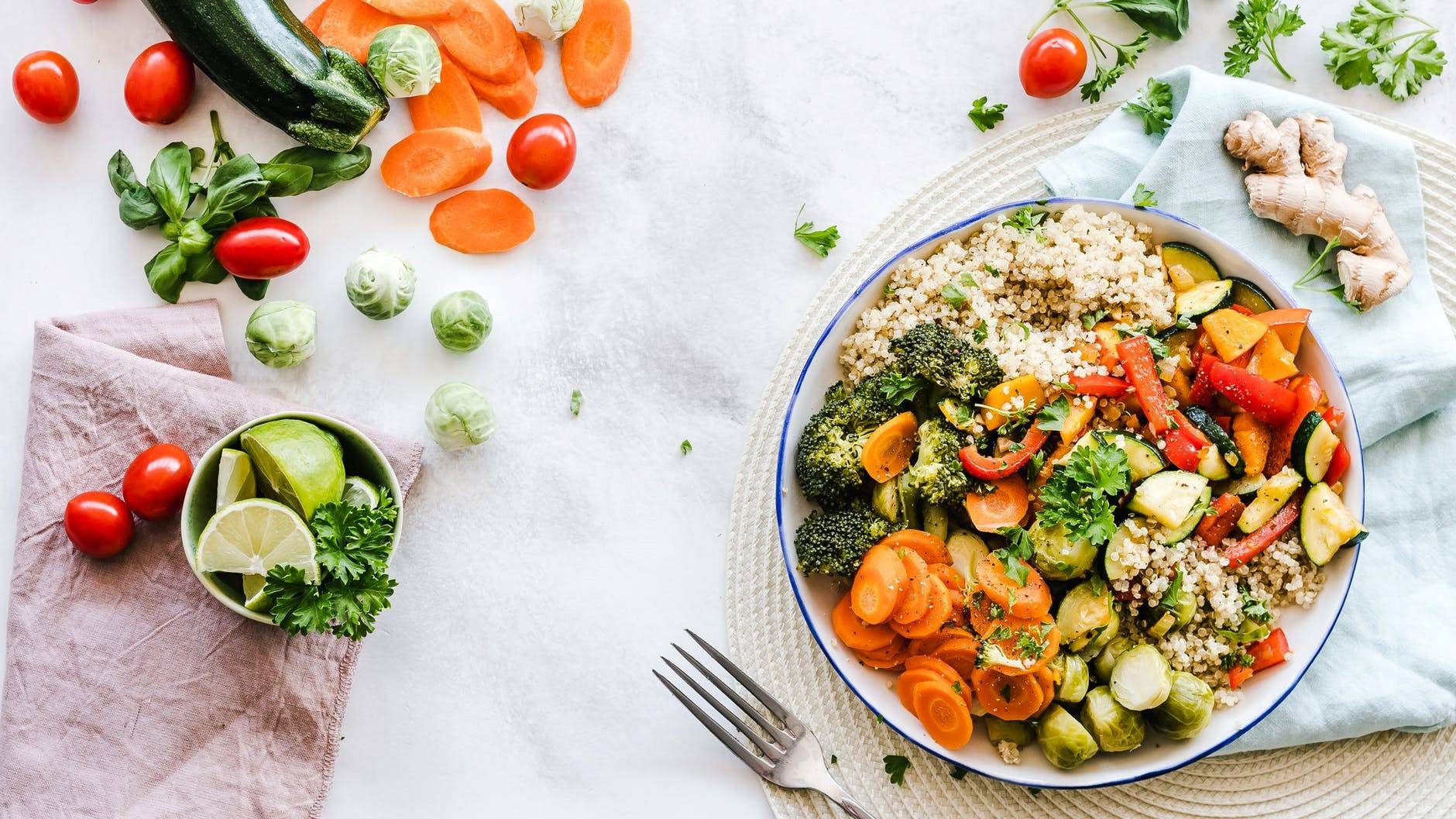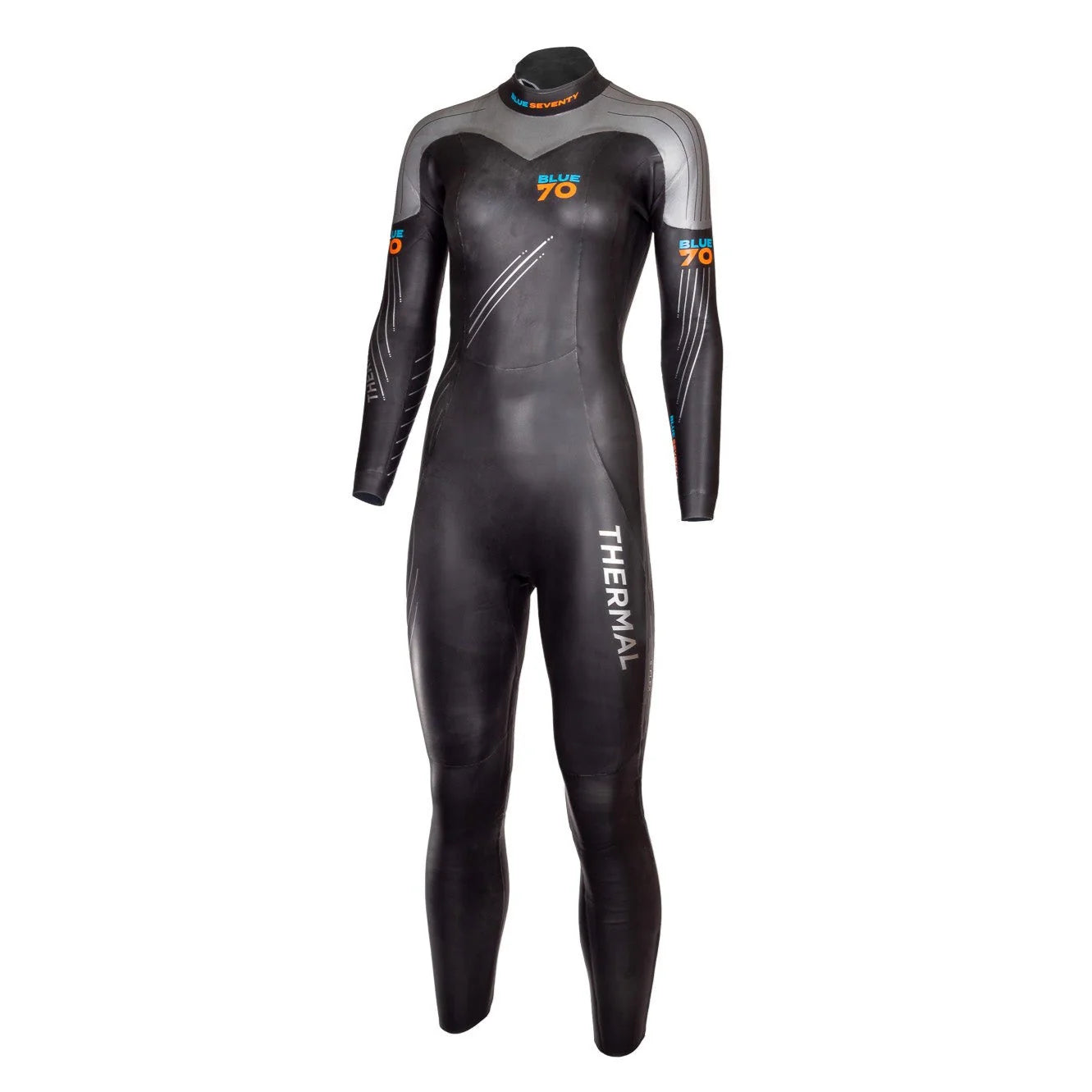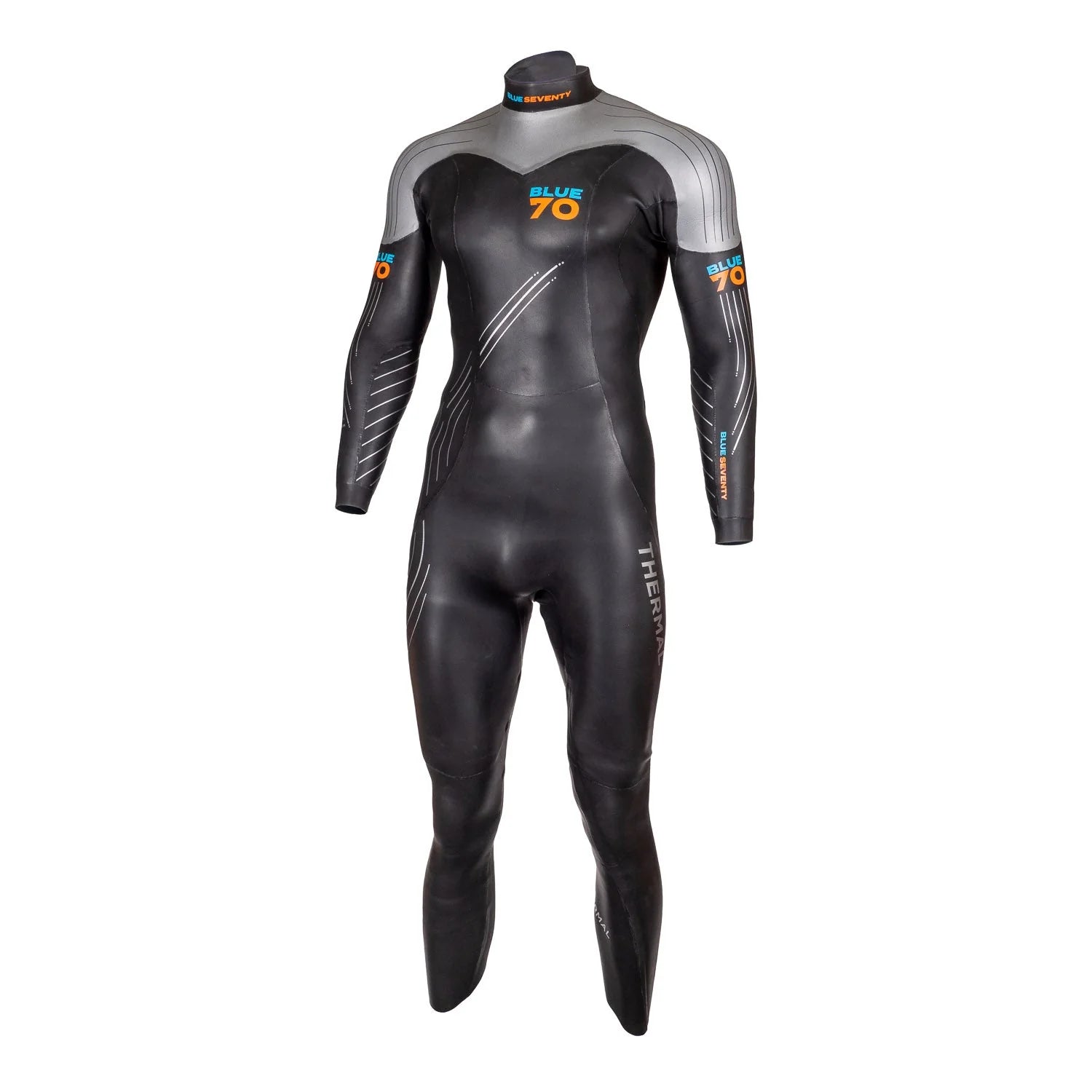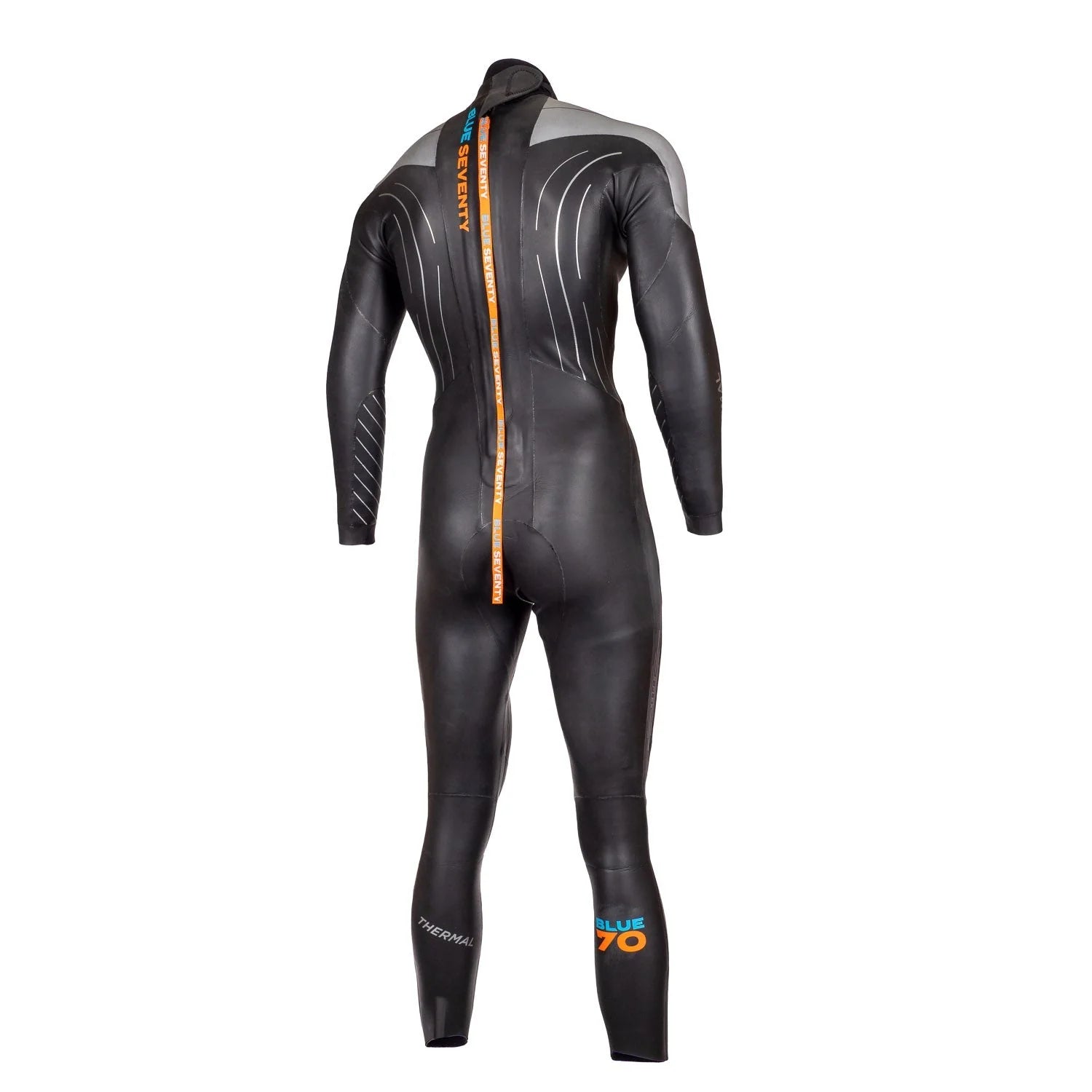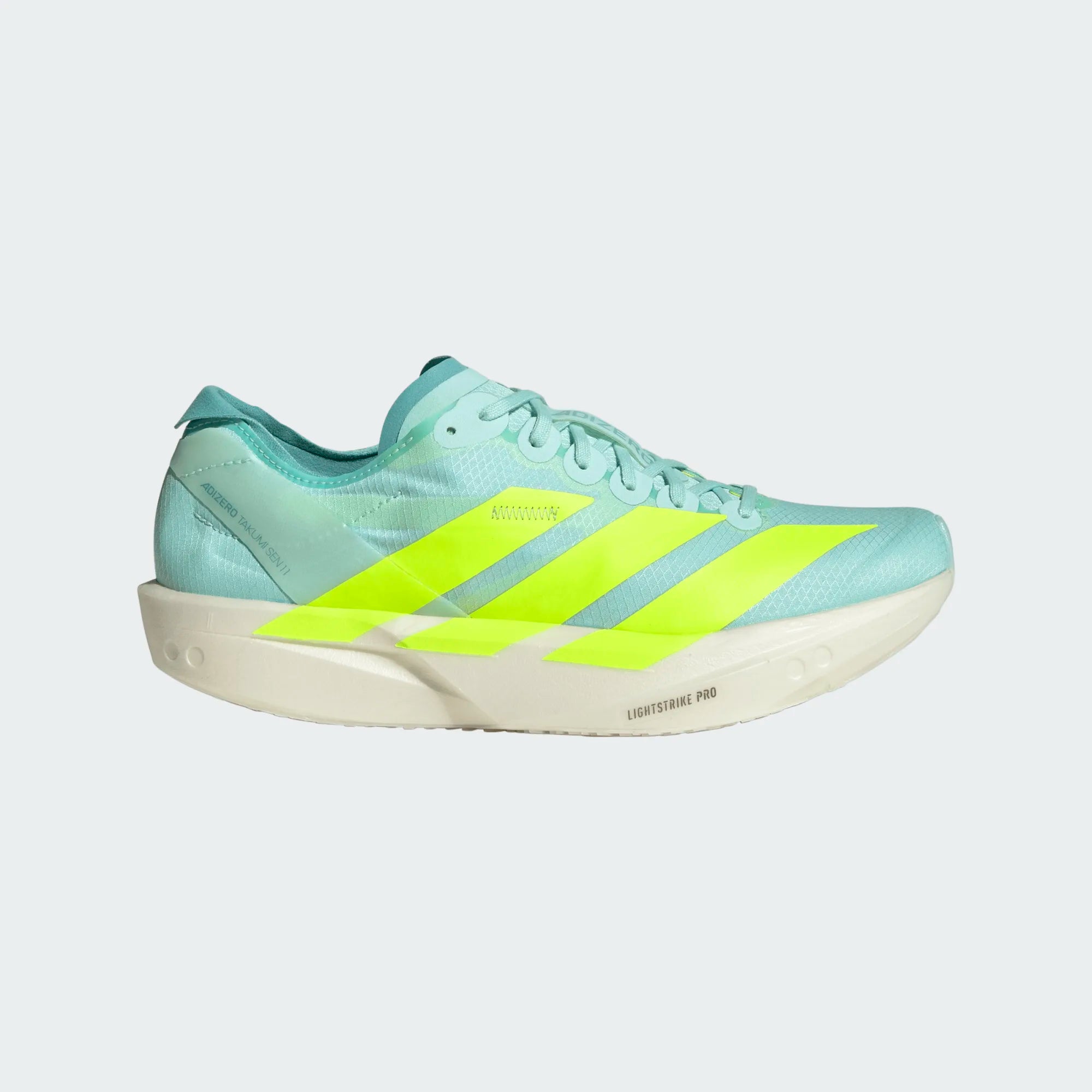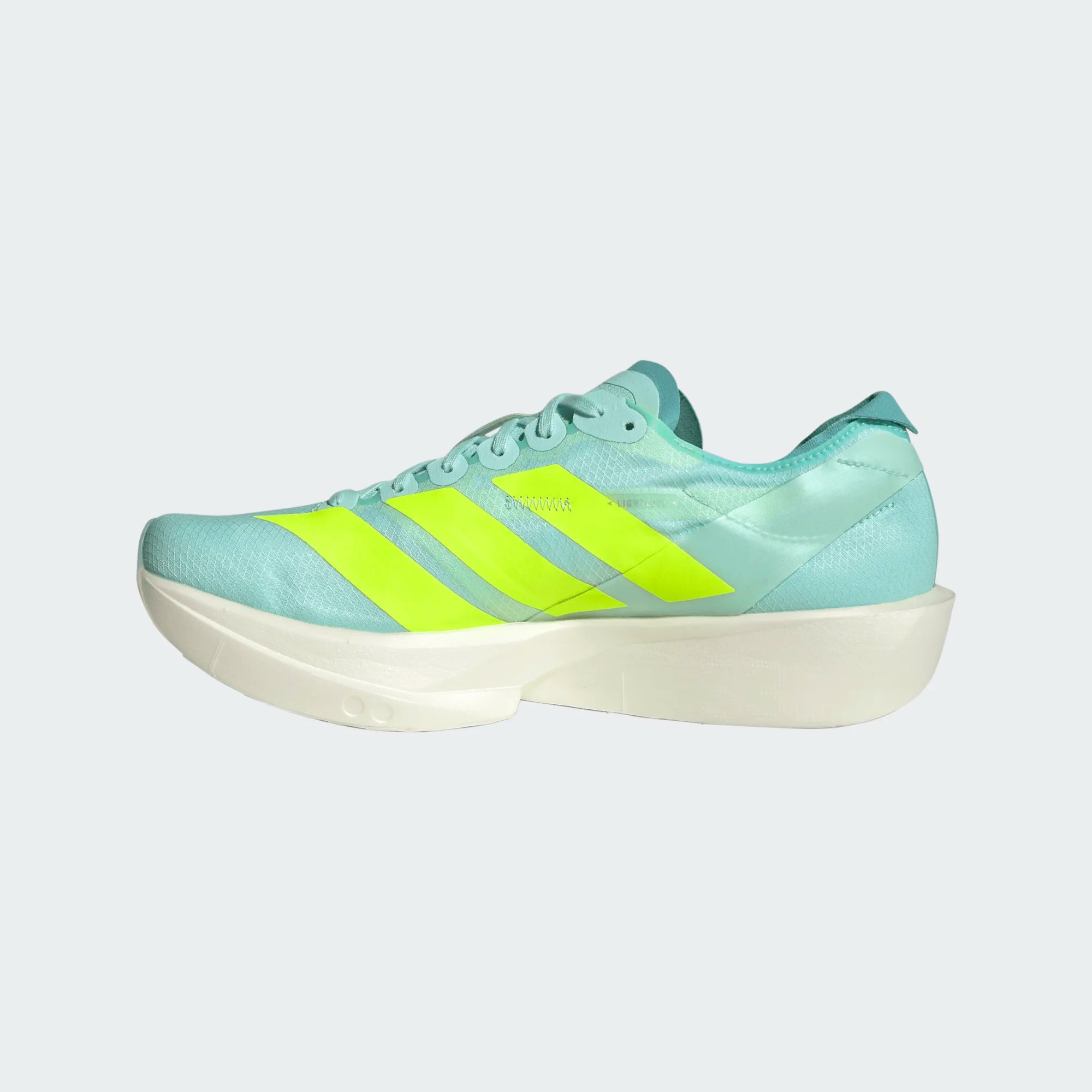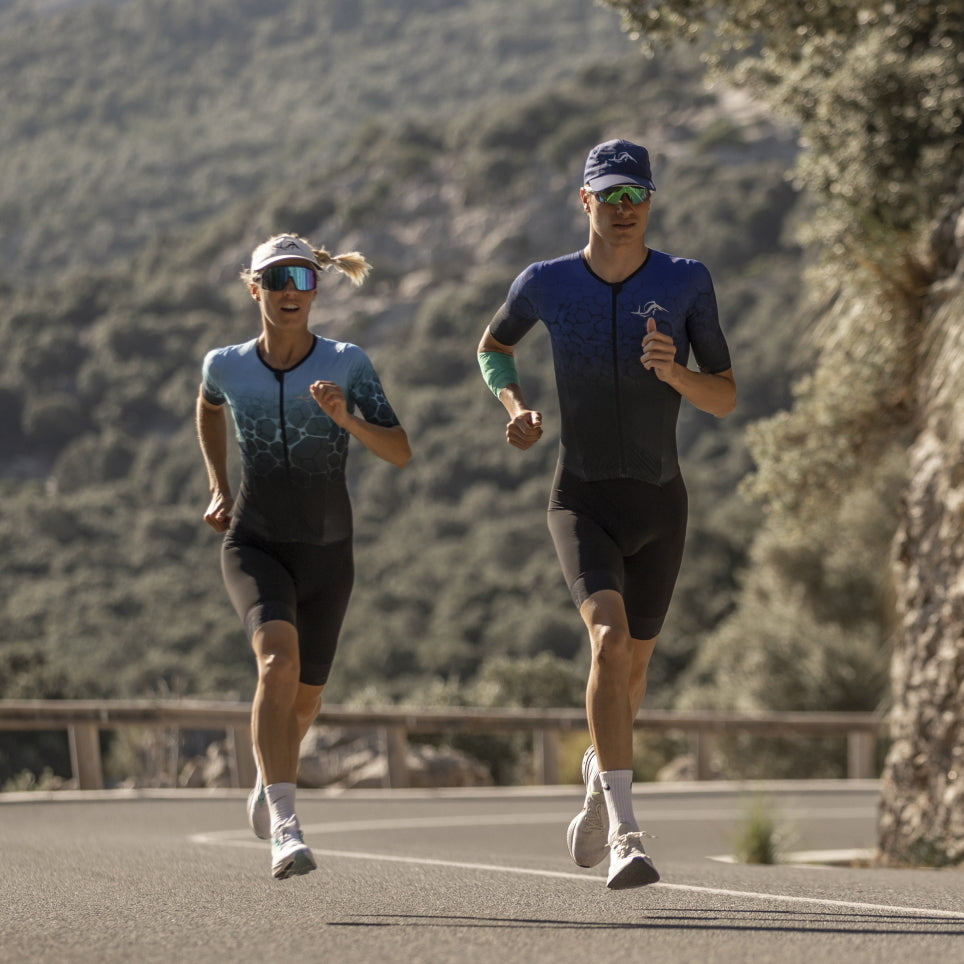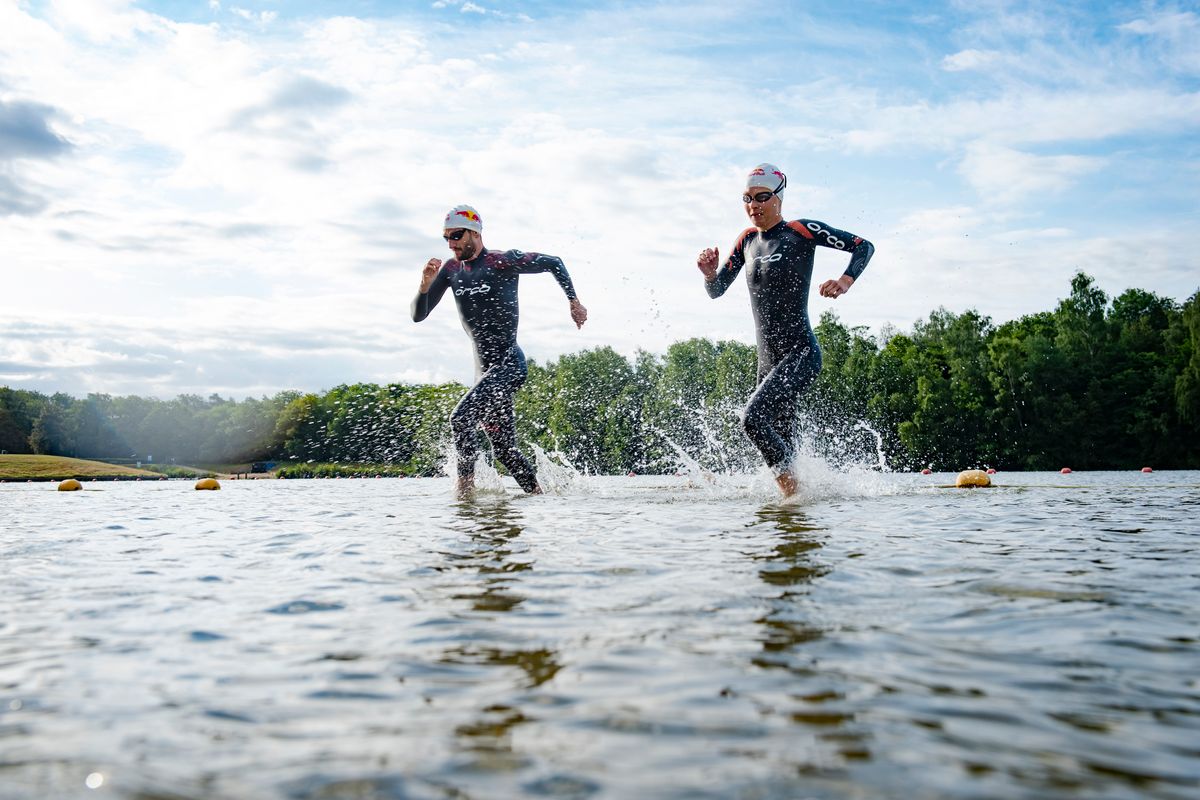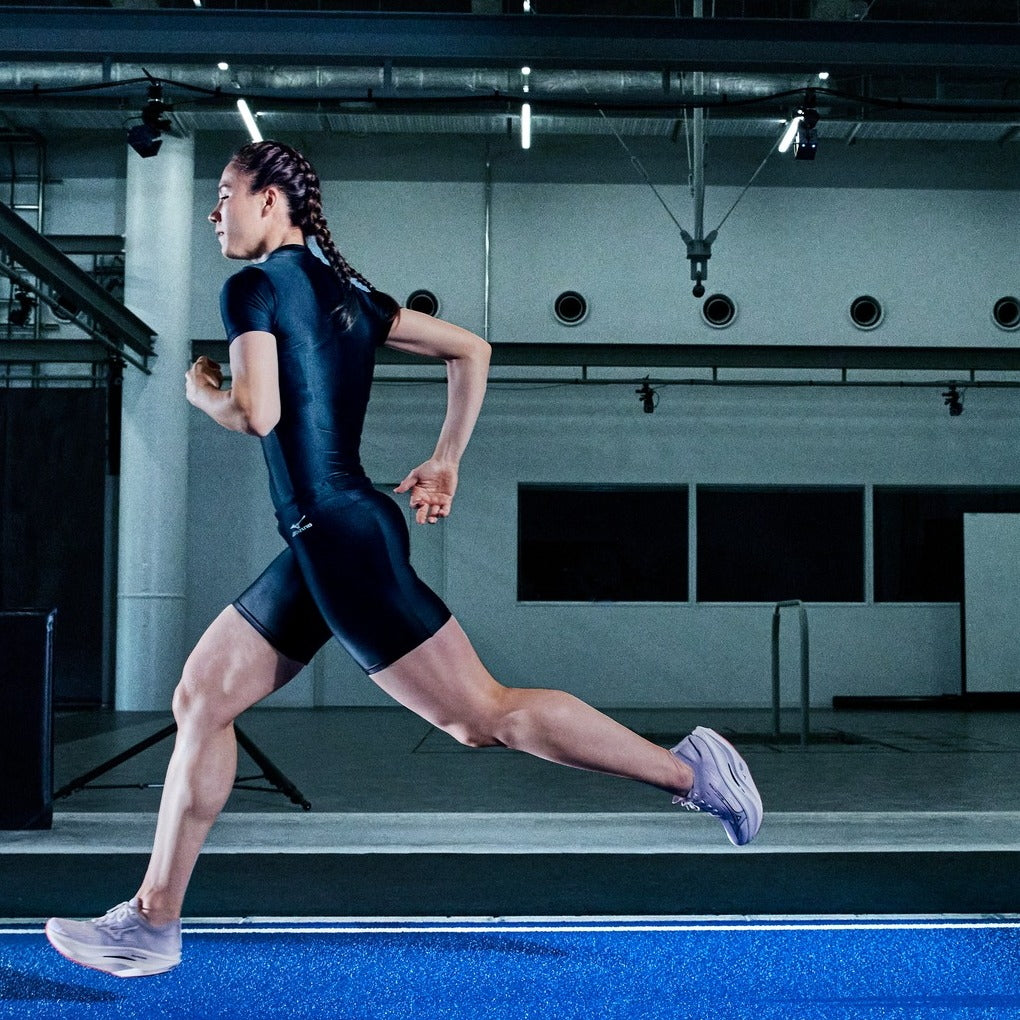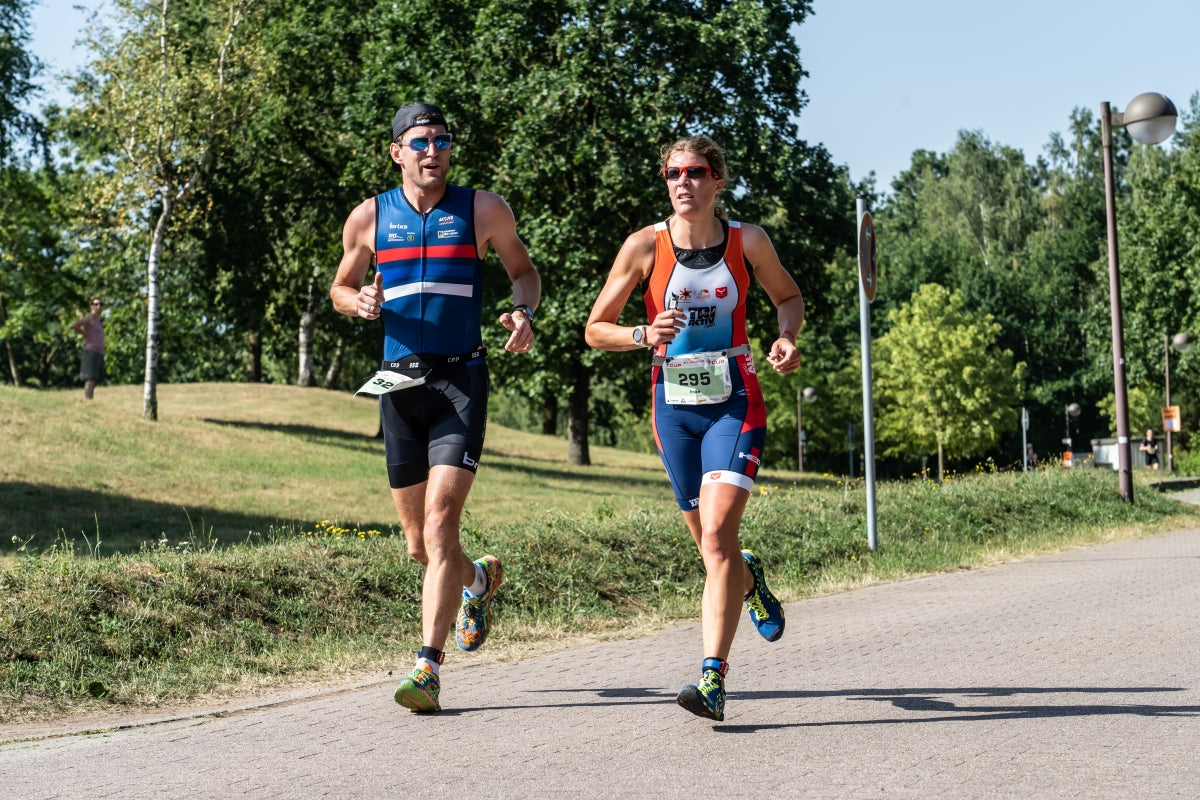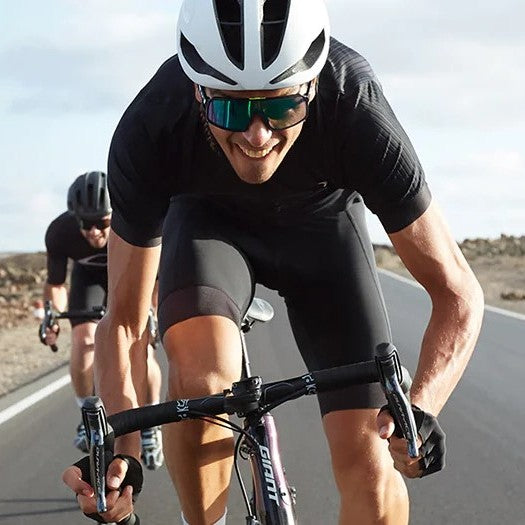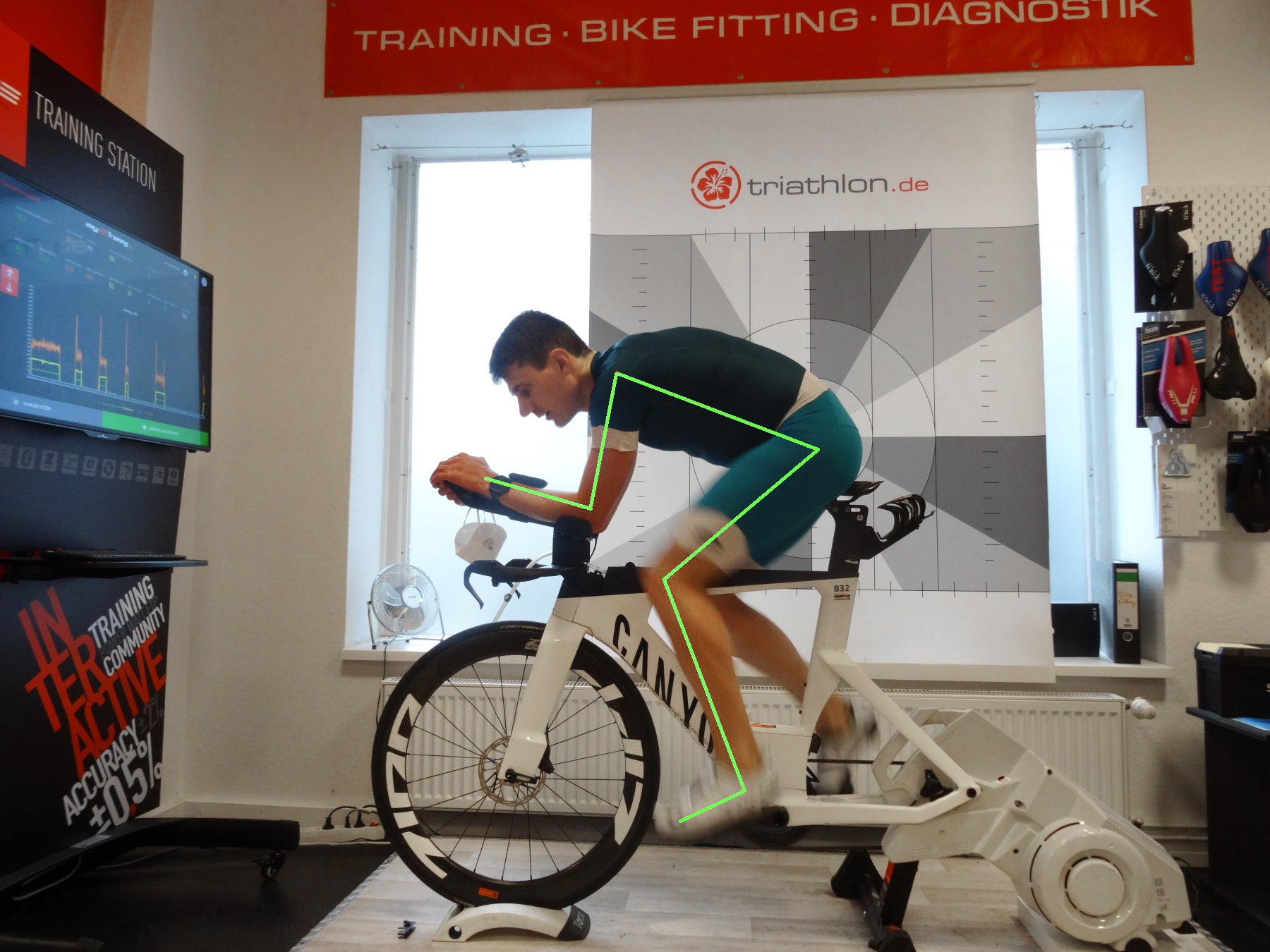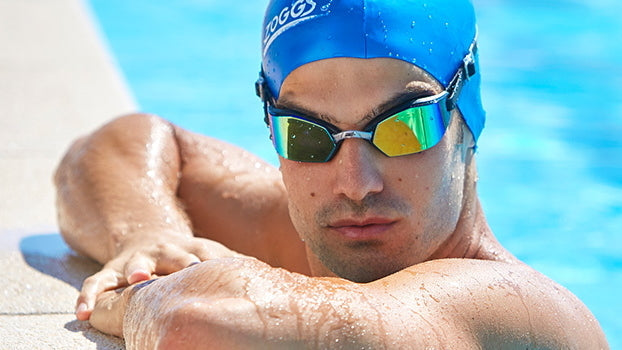Grundsätzlich gilt für Sportler, wie auch für den Otto Normal Menschen, eine Ernährung mit überwiegend natürlichen Lebensmitteln hält fit und gesund. Industriell verarbeitete Produkte sollten weitestgehend aus dem Speiseplan gestrichen werden. Dies garantiert eine hohe Nährstoffaufnahme, die insbesondere für aktive Menschen von hoher Bedeutung ist. Denn nicht nur der Kalorienbedarf steigt mit den Sportstunden, sondern auch der Bedarf an Mikronährstoffen, wie Vitaminen, Mineralstoffen und Spurenelementen.
Proteine – unterstützen die Regeneration
Außerdem sollte ausreichend Eiweiß konsumiert werden, um Reparaturprozesse in der Muskulatur und die Regeneration optimal zu unterstützen. Die Bandbreite der Proteinzufuhr schwankt dabei zwischen 1,5-2,5 Gramm pro Kilogramm Körpergewicht. Abhängig von Alter, Geschlecht und sportlicher Zielsetzung. Als Kraftsportler sollte man auf eine durchgehend hohe Zufuhr an hochwertigem Protein achten. Dies fördert eine schnelle Regeneration und sorgt für ausreichend Baustoff, um neue Muskelmasse zu bilden.
Kohlenhydrate – darf ich die überhaupt noch essen?
Kohlenhydrate, das Super Benzin für Sportler, ist der wichtigste Makronährstoff, wenn es darum geht, eine hohe Leistung schnell abzurufen. Kraft- und Schnellkraftsportler profitieren am meisten von einer kohlenhydratreichen Ernährung. Insbesondere vor Wettkämpfen sollte deshalb sichergestellt werden, dass die Tanks voll sind und ausreichend Glykogen im Muskel vorhanden ist.
Komplexe Kohlenhydrate mit langen Molekülketten brauchen eine gewisse Zeit bis sie zerlegt sind und für den Körper als Energie im Muskel bereitstehen. Nach intensiven Kraftbelastungen sind die Glykogenvorräte im Muskel weitestgehend erschöpft und sollten so schnell wie möglich wieder gefüllt werden. Ganz besonders dann, wenn am nächsten Tag wieder eine harte Trainingseinheit ansteht. Bei der Kohlenhydratmenge ist etwas Augenmaß gefordert und sollten mehrere Aspekte berücksichtigt werden. Pauschale Aussagen sind daher nur schwer zu treffen. Grundsätzlich kann jedoch gesagt werden, je intensiver eine Sportart ist, desto mehr Kohlenhydrate müssen in einen Ernährungsplan integriert werden.
Und wie sieht es mit den Fetten aus?
Auch Fette spielen eine wichtige Rolle, nicht nur für sportlich aktive, sondern jeder sollte auf eine ausgewogene Fettzufuhr achten. Vor allem versteckte Fette sind häufig ein Grund dafür, dass vermeintlich leichte Gerichte mit jeder Menge Kalorien daher kommen. Von enormer Wichtigkeit sind hingegen die essenziellen Fettsäuren, dazu gehört die Omega-3 alpha-Linolensäure und die Omega-6 Linolsäure. Essenziell deswegen, weil unser Organismus diese nicht selbst herstellen kann und auf eine ausreichende Zufuhr durch die Ernährung angewiesen ist. Sie sind wichtige Bestandteile der Zellmembran.
Was soll ich vor und nach dem Training essen?
Viele stehen vor der Frage: „Was soll ich vor dem Sport noch essen, damit ich genug Energie für das Training habe?“ Wie oben schon erwähnt, kommen komplexe Kohlenhydrate wie Nudeln, Reis, Brot oder Haferflocken nicht mehr als Energie im Muskel an und belasten unter Umständen den Verdauungstrakt. Vor allem deswegen, weil bei sportlicher Betätigung viel Blut in den Muskeln benötigt wird.
Wer keinen Hunger vor dem Training verspürt, der kann deshalb auch ganz auf eine Nahrungsaufnahme verzichten. Vorausgesetzt man hat sich im Laufe des Tages, oder am Abend davor, richtig ernährt und eben schon vorgesorgt, um nicht in ein Energieloch zu fallen. Auch ein Pre-Workout Smoothie, ist vor dem Training bestens geeignet, denn er füllt den Magen, ohne ihn zu beschweren und gibt ordentlich Power für maximale Leistung im Training.
Grundsätzlich sollten Lebensmittel bevorzugt werden, die einen niedrigen glykämischen Index aufweisen. Sobald Insulin ausgeschüttet wird, findet keine Fettverbrennung mehr statt. Auch ein zu starker Abfall des Blutzuckerspiegels während der Belastung sollte vermieden werden. Leicht verdauliches Protein, wie z.B. Quark oder griechischer Joghurt mit einer Handvoll Nüsse wären eine Möglichkeit, das leere Gefühl im Magen etwas zu umgehen. Nach dem Training sollte auf jeden Fall die verbrauchte Energie wieder zugeführt werden. Es empfiehlt sich ein bis zwei Fäuste komplexe Kohlenhydrate (z.B. Quinoa oder Süßkartoffeln), zwei bis drei Fäuste nährstoffreiches Gemüse und eine Faust Protein (z.B. Lachs oder Huhn), dazu noch ein halber Esslöffel gesundes Fett (z.B. Leinöl oder Samen).
Wichtig ist auch, den Wasserverlust wieder auszugleichen. Pro Stunde Sport gehen ca. 0,7-1,0 Liter Schweiß verloren und damit auch Mineralstoffe und Spurenelemente, die durch die Nahrung wieder ersetzt werden müssen.
Kaufe bereits reduzierte PowerBar Riegel, Gels etc. und erhalte eine triathlon.de Flasche GRATIS dazu:

